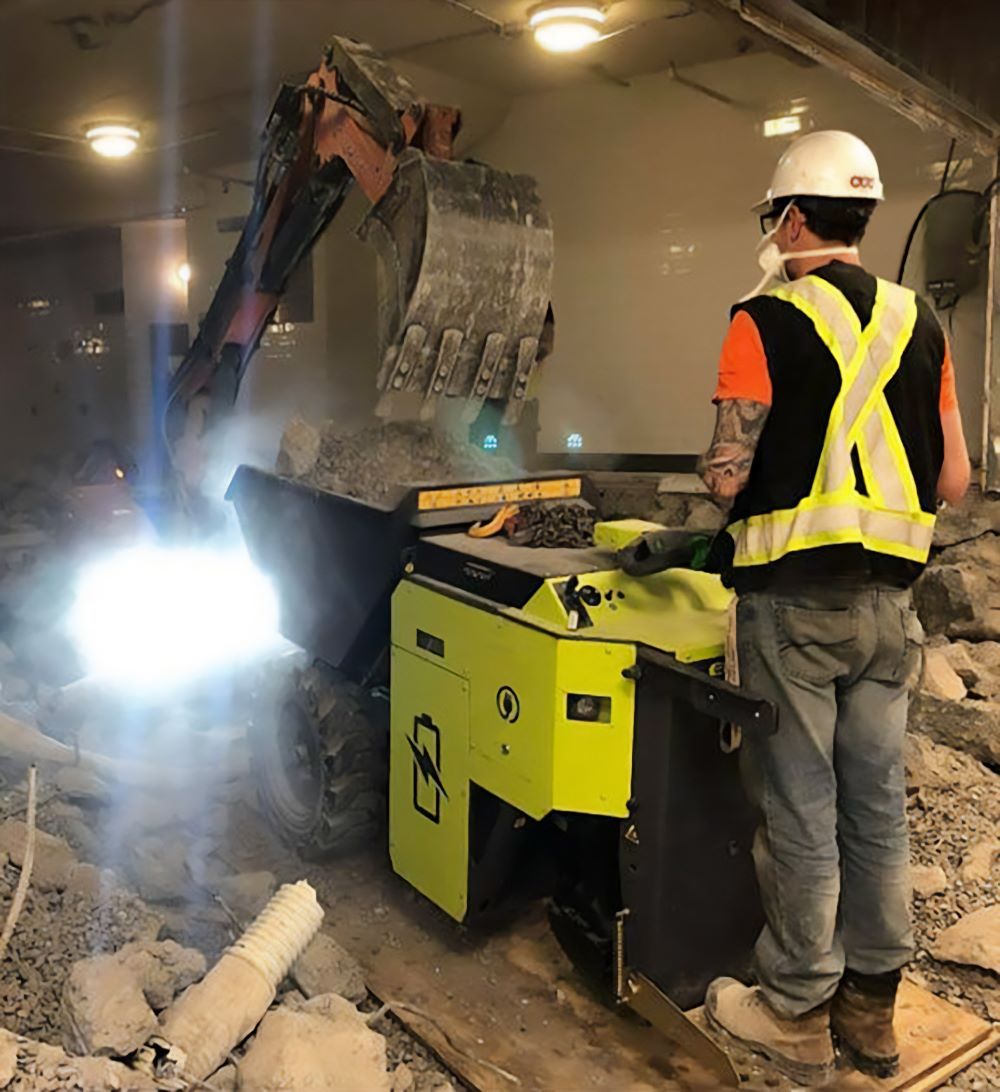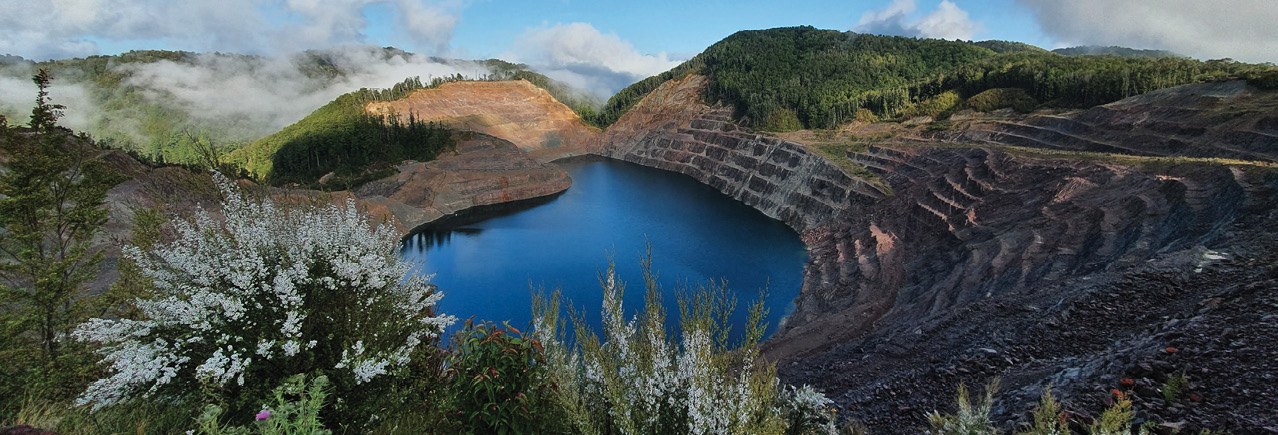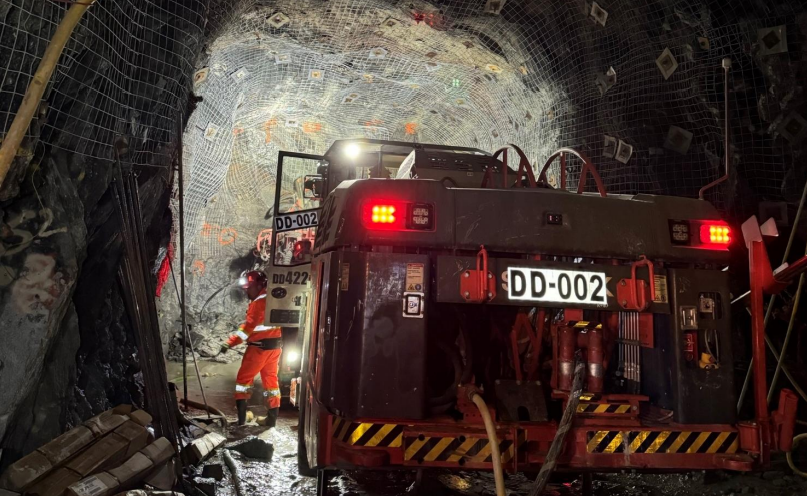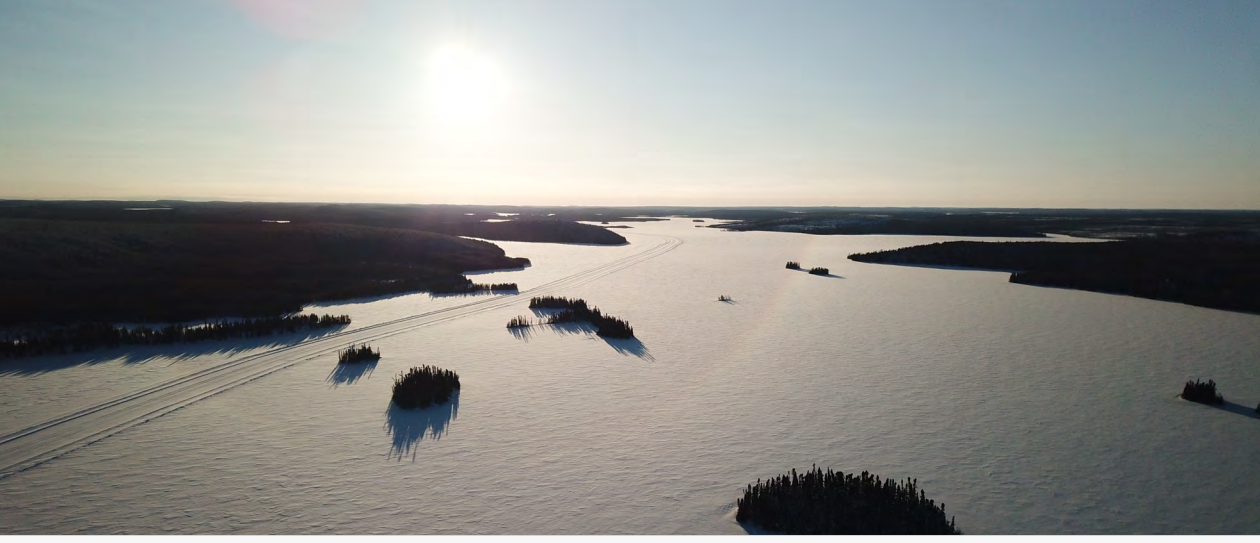The junior mining and exploration sector that once formed a discreet, integrated and dynamic economic entity has become a fragmented and isolated group of investors and managers with narrow focus and short term (often short sighted) mandates, operating too many companies (excess supply) lacking sufficient resources to be effective.
The contracting and consulting sectors have been sharply reduced in scope and capacity, and they face increasing international competition, for example Australia, but also local actors in every market, resulting in consolidation, increased barriers to entry and opportunities have been lost.
Where Canada once produced world class exploration geologists, the failed industry-university link consistently graduates students without any field experience and lacking even the most basic exploration skills.
Competition for geology careers is fierce, as many low cost developing countries have improved quality (often trained by Canadian companies). Open education, which should be considered a disruptive technology, is expected to continue this trend. It offers affordable, high quality education to anyone, worldwide, and that erodes the advantage of Canadian universities, and by extension the potential value of their graduates.
Overall, this has resulted in a loss of international opportunities when Canadian companies, contractors and geologists by competitors are replaced both at home and abroad.
Canadian exploration activity has once again collapsed, while other countries exploration groups continue to operate without pause. Volatility in exploration is normal; however, it is exaggerated in Canada compared to other countries, suggesting a dysfunctional industry skewed by structural deficiencies.
The observed changes are due to many internal and external factors beyond the control of any one group, and result in what is arguably the death of the industry as it was known.
The exploration industry is expected to retrench and focus on Canadian opportunities with a continued reduction in international activity, and with a corresponding reduction in opportunity for geologists.
Fundamental reforms will be required if Canadian universities, exploration geoscientists and exploration companies are to remain competitive.
It is critical that government establish policies that will encourage the industry, reduce risk, and allow universities to leverage over a century of accumulated knowledge in mineral resource development.
Business as usual is not an option.
Change is constant, and significant change has occurred in the mineral exploration industry. To fail to accept, identify, quantify, and develop a response will result in a failure to adapt, and that would be fatal.
Change represents risk, but also presents new and potentially lucrative opportunities. The challenge is to ensure that these opportunities are recognized and exploited in a timely manner. Luck is often defined as what occurs when preparation meets opportunity. In an industry that is being redefined and marginalized in both international and home markets as we speak, planning and preparation are therefore critical.
If government policy assisted universities to become world class centers of research excellence, undergraduate student levels were re-aligned with demand, and online courses could be selected by the student from the best institutions, Canada should be able to produce world class graduates, and by leveraging the existing strong foundation, become a world leader of exploration excellence.
Mentoring networks, possibly modeled on the Society of Exploration Geologists (SEG) example, should be a focus of both industry and government. Unfortunately as the senior mining companies are no longer available to provide a role, and junior companies lack resources and co-ordination, it would be up to the government to co-ordinate, preferably through policy and incentives, and not through direct intervention.
It is critical that comprehensive government policy is implemented to establish land use and environmental regulation to eliminate uncertainty, reduce risk and conflict, and encourage investment in Canada.
Government policy was fundamental in creating the industry in the first place, and benign neglect has resulted in the industry becoming fragmented and ineffective. The historic partnership among financing, promotion and exploration could be mended at least for exploration within Canada, by changes to the flow-through program that rewards long term risk taking, rather than short term profit.
The industry does not require government handouts, nor would welcome the government interference associated with such handouts. Policy that directs and focuses investment and private resources on exploration has proven effective in the past and should do so again.
* The author, Brent McNiven, holds a BSc Geology from the University of Calgary, and an MBA-PM from Athabasca University. He is offering his entire paper, “Death of an Industry”, to CMJ readers who contact him at 403-612-5032 or sedex@shaw.ca. Reader comments are welcomed by him and this website.





Comments
Daniel V. Ziehlke, BSc.H., MSc., P.Geo., C.P.
Brent,
Spot on with the comments. What made canadian Geologists so successful over the past 30 yars has been their ability and skill at “reading rocks”. This has been lost as the newer generations of geologists think everything is down to computer skills. Noone wants to spend the years in the bush learning their skills, like we did in the old days. I have been running my own, private, one man exploration company for 25 years, successfuly. (Strider Resources Limited). I work alone and have just now formed a new listed company to drill a gold property it has taken me 25 years to determine how to find the gold. I note that you went for the office yourself, with the MBA; a cop out itself, don’t you think?!